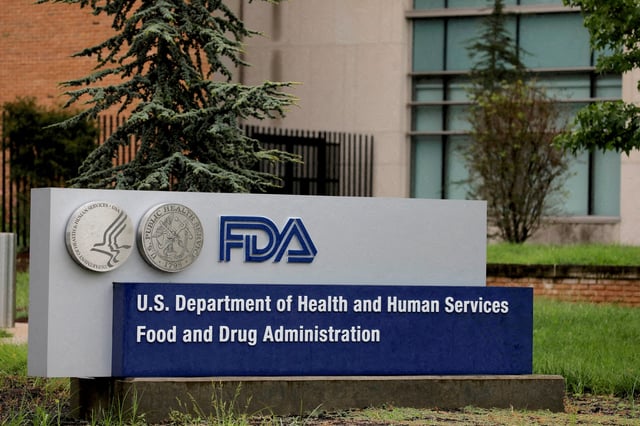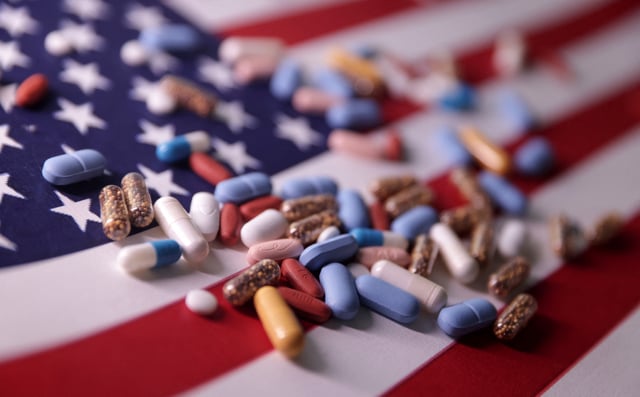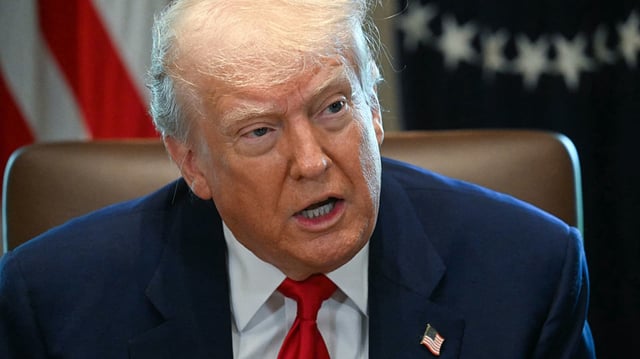Overview
- President Trump confirmed plans to announce pharmaceutical-specific tariffs within the next two weeks, citing national security concerns over reliance on foreign drug imports.
- A new executive order signed on May 5 directs the FDA and EPA to streamline approval processes for domestic pharmaceutical manufacturing facilities to encourage U.S.-based production.
- Analysts warn that a 25% tariff on imported pharmaceuticals could raise U.S. drug prices by nearly 13%, adding $51 billion annually to healthcare costs and potentially exacerbating drug shortages.
- Major pharmaceutical companies, including Johnson & Johnson, Roche, Novartis, and Eli Lilly, have announced tens of billions of dollars in U.S. manufacturing investments to mitigate potential tariff impacts.
- The South Korean government has formally opposed the proposed tariffs, emphasizing their contributions to U.S. supply chain stability and patient access, while generic drugmakers express concerns over tight margins and production challenges.


